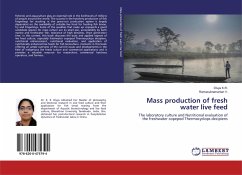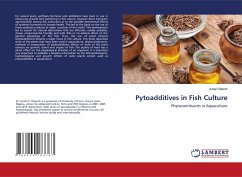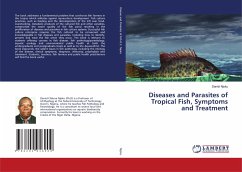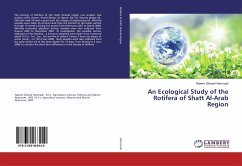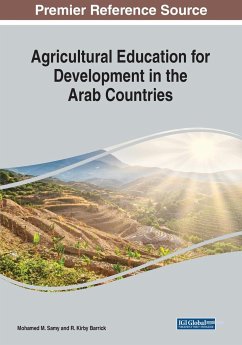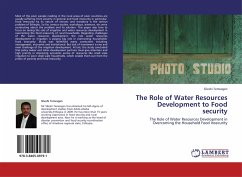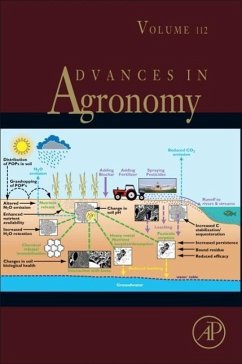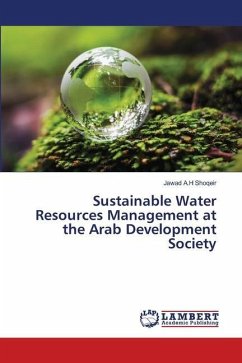
Sustainable Water Resources Management at the Arab Development Society
Versandkostenfrei!
Versandfertig in 6-10 Tagen
29,99 €
inkl. MwSt.

PAYBACK Punkte
15 °P sammeln!
Recently humanity witnessed a shift in way of life affecting natural, social, political, and economic resources. As such, the public and/or private sectors provided alternative ways of communication and working from distich leading to a new source of livelihood, especially after the significant COVID pandemic challenges. Such new ways of uncontrolled development in a very short period of time would affect negatively human evolution resilience, as there were so-called critical areas of high sensitivity that can not be returned to their previous state without human intervention (soil terraces, r...
Recently humanity witnessed a shift in way of life affecting natural, social, political, and economic resources. As such, the public and/or private sectors provided alternative ways of communication and working from distich leading to a new source of livelihood, especially after the significant COVID pandemic challenges. Such new ways of uncontrolled development in a very short period of time would affect negatively human evolution resilience, as there were so-called critical areas of high sensitivity that can not be returned to their previous state without human intervention (soil terraces, reforestation, biodiversity). If the ecological environment is endangered or destroyed due to human action; then the risk to human life would be enormous. Critical areas also play a major role in preserving soils and ensuring that biodiversity is preserved and supports the food chain. Unsustainable land management, particularly when coupled with droughts, has contributed to higher dust-storm activity, reducing human well-being in drylands and beyond. This is supported by the Presidential Policy Directive-21, referring to critical infrastructure security and resilience.



